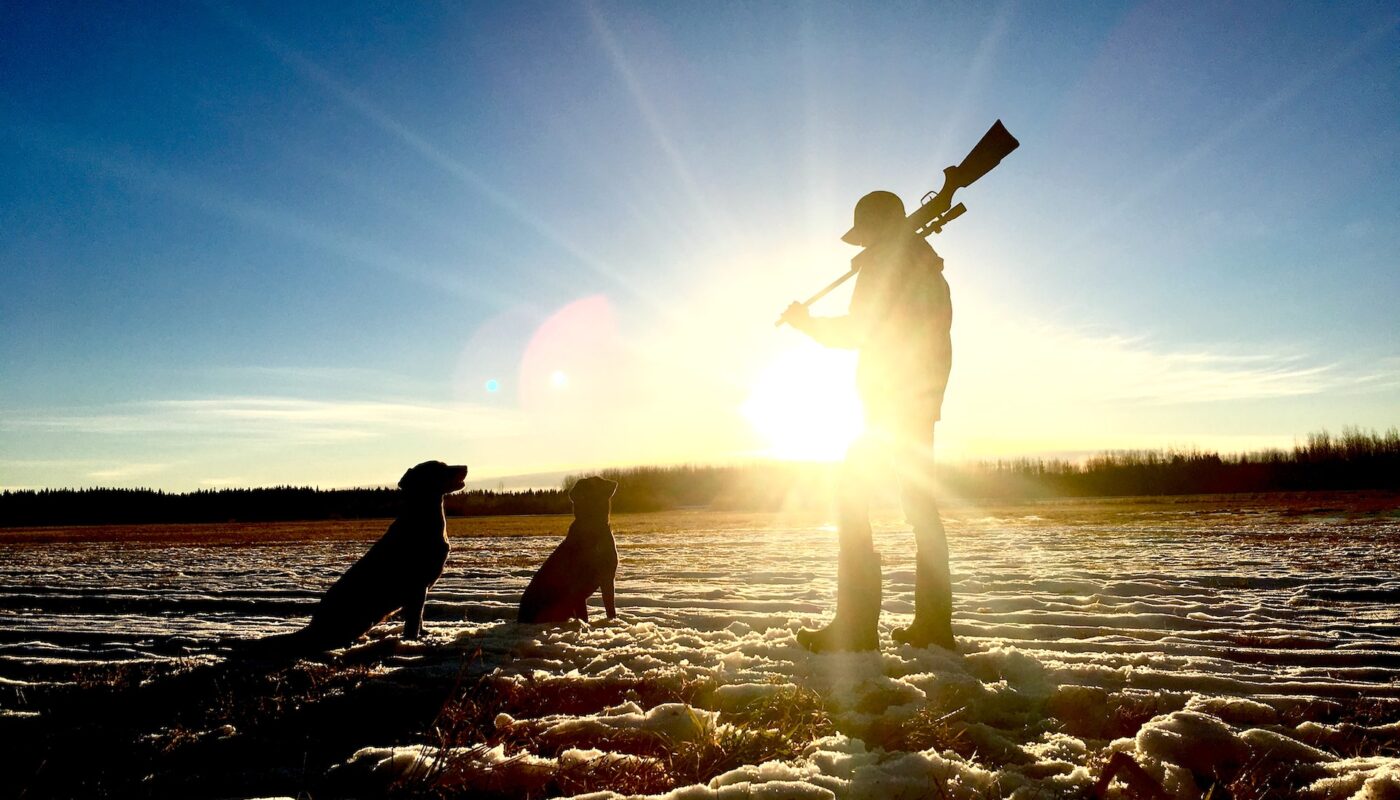As dawn breaks over the beautiful Great Lakes State, a hunter awakes. His mission? Not just to harvest game but to embody a timeless tradition and to step up as a steward of Michigan’s rich natural resources. Today, we dive into the importance of Michigan hunting ethics, particularly in our home state, where tradition and responsibility walk hand in hand, often donning effective hunting camo.
What We Will Cover
Understanding Hunting Ethics in Michigan
The term ‘hunting ethics’ refers to the moral compass guiding the actions of responsible hunters. It comprises respect for Michigan’s diverse wildlife, its vibrant ecosystems, and fellow hunters. It’s not just about following the state’s hunting regulations but also addressing finer details, such as wearing hunting camo to blend in with the environment, responsible usage of firearms, and fair distribution of hunting permits.
Historical Perspective: Michigan’s Rich Hunting Heritage
Our beautiful state has a rich hunting history that continues to shape its cultural identity. Native American tribes like the Ojibwa and Potawatomi revered Michigan’s wildlife and practiced sustainable hunting methods, lessons that still resonate today. Understanding this context helps us appreciate the evolution of ethical considerations in Michigan’s hunting culture.
Striking a Balance: Tradition and Responsibility in Michigan’s Hunting Culture
Tradition remains a cornerstone of hunting in Michigan. These traditions are not just about the thrill of the hunt, but more about a legacy of reverence for nature, passed down from generation to generation. However, it’s important that tradition doesn’t overshadow responsibility. Michigan’s hunters bear the mantle of ensuring the sustainability of wildlife populations and preserving the state’s biodiversity.
Upholding Hunting Ethics: A Michigan Perspective
Guidelines have been established by various bodies, including the Michigan Department of Natural Resources (DNR), to encourage ethical hunting practices. A deep-seated respect for wildlife is an essential component of these guidelines. Beyond that, Michigan’s hunters actively participate in conservation efforts, acknowledging that their role extends to maintaining a healthy environment for all species. However, tradition must walk hand in hand with the responsibilities we shoulder towards wildlife conservation, adhering to legal seasons, and employing sustainable hunting methods.
Michigan’s Ethical Hunting: The Path to Sustainable Wildlife Management and Ecosystem Preservation
Adherence to ethical hunting practices has significant benefits. For instance, it contributes to the sustainable management of wildlife populations, preventing imbalances that could affect Michigan’s rich biodiversity. Moreover, it supports the preservation of Michigan’s unique ecosystems by promoting habitat preservation and environmental stewardship.
A Positive Perception and Social Impact
Practicing ethical hunting can help forge a positive public perception. By demonstrating respect for wildlife and engaging in conservation efforts, Michigan hunters can foster understanding and acceptance among their non-hunting neighbors. This activity also contributes to the state’s economy, supporting local businesses connected to outdoor activities and wildlife conservation.
Addressing Ethical Challenges
Like anywhere else, hunting in Michigan comes with its ethical challenges, such as the controversial topic of trophy hunting or dealing with the persistent issue of poaching. Michigan’s hunting community is continually working towards resolving these issues, promoting thoughtful discussions, and encouraging informed, ethical decisions.
Promoting Hunting Ethics in Michigan
Educating new hunters about ethics is crucial. By sharing knowledge about ethical practices and the importance of conservation, experienced Michigan hunters can shape the mindset of the next generation. Likewise, creating awareness about
conservation challenges among the general public is essential, as is dispelling misconceptions about hunting. To promote a broader understanding of hunting ethics and its role in environmental stewardship, it is important to show the positive aspects of ethical hunting.
The Role of Collaboration, Advocacy, and Legal Frameworks
Collaboration between Michigan’s hunters, conservationists, and policymakers is a key element in promoting hunting ethics. By working together, they can develop strategies, share best practices, and advocate for responsible hunting practices. Michigan’s legal framework also plays a critical role. Laws and regulations exist to protect wildlife, prevent overexploitation, and enforce ethical practices. Michigan’s ethical hunters support legislative measures prioritizing conservation and ethical hunting.
The Impact of Ethical Hunting Organizations in Michigan
In Michigan, ethical hunting organizations like the Michigan United Conservation Clubs play a pivotal role in promoting and upholding hunting ethics. These organizations provide resources, guidance, and platforms for ethical hunters to collaborate, share knowledge, and advocate for responsible hunting practices. Supporting and actively participating in such organizations strengthens the collective voice of ethical hunters.
A New Code In Michigan Hunting Ethics
The importance of hunting ethics in Michigan lies in the delicate balance between tradition and responsibility. By upholding ethical guidelines, respecting wildlife, and actively participating in conservation efforts, Michigan hunters ensure the long-term sustainability of wildlife and ecosystems. They don their hunting camo not merely to blend in but to stand out as stewards of the natural world. By balancing the right to hunt with the duty to conserve, they carve a sustainable path for future generations, securing the legacy of Michigan’s rich hunting traditions.
